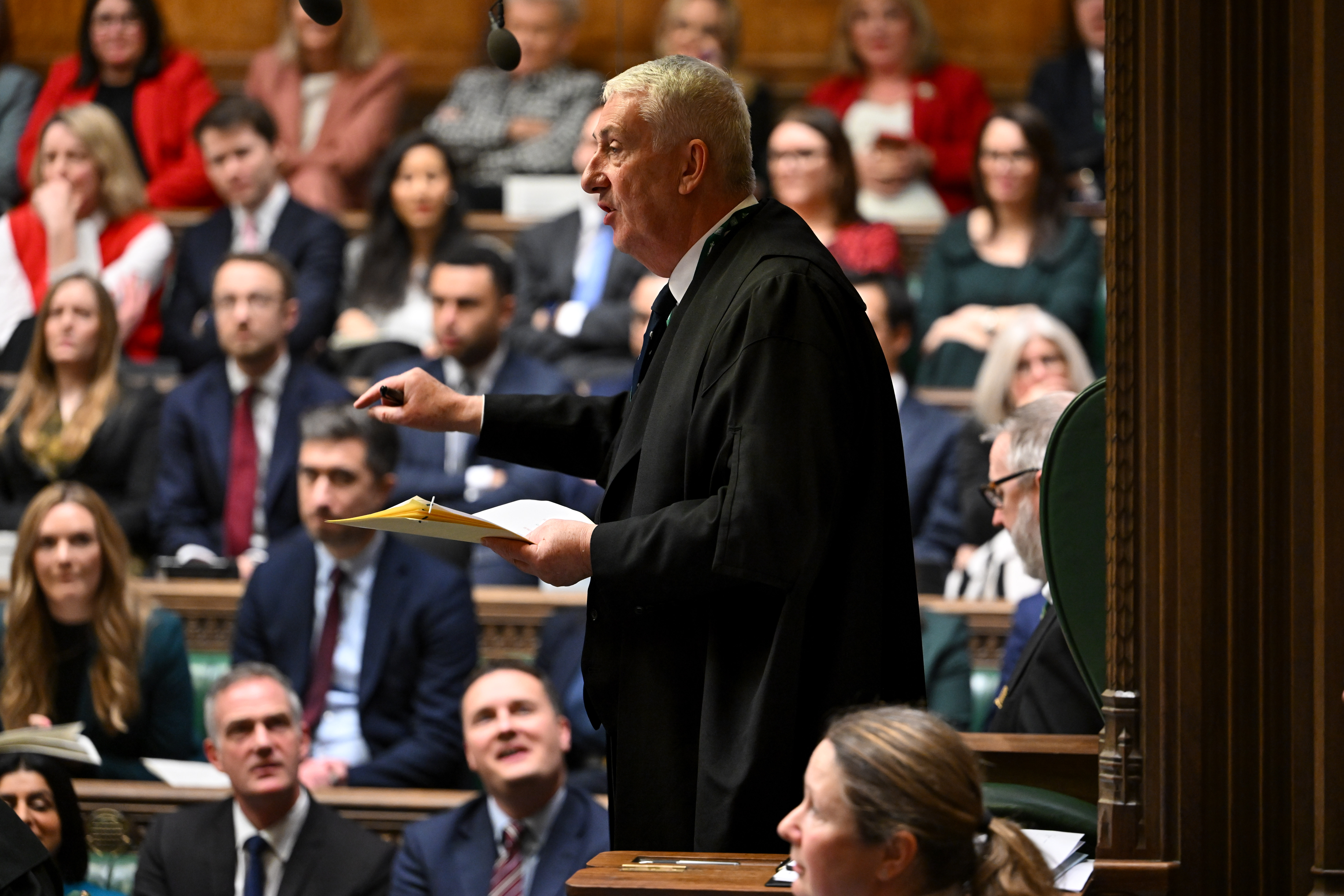
The Labour and the Tory party accidently agreed on immigration policy this week but still managed to argue that the other was wrong. Meanwhile, Trump’s trade war reaches the UK, as the government hears questions on fighting back against the new President.
Ukraine-Gaza Immigration Loophole
Kemi Badenoch and Sir Keir Starmer agreed in Parliament when both criticising a loophole in the immigration system. A ruling to allow a Palestinian family to remain in the UK has received criticism across the house since the family applied through the Ukrainian Family Scheme.
Both the Russo-Ukrainian War and the Israel-Palestine War have caused massive displacement. The British Government currently hosts 254,000 Ukrainian refugees and estimates that 12.7 million people are in need of humanitarian aid.
The situation in Palestine is still dire, even after the ceasefire. According to the UNRWA, “1.5 million individuals, live in 58 recognized Palestine refugee camps.” Last week, on the subject of Trump’s plan to take over Gaza and move the Palestinians elsewhere, Keir Starmer commented on the recent images of thousands of Palestinians “literally walking through the rubble to try to find their homes and their communities in Gaza.”
One Palestinian family has used the Ukraine Family Scheme Visa to remain in the UK. A judge ruled that the loophole could be used as there were “exceptionally dangerous” circumstances. Kemi Badenoch, Leader of the Opposition, claimed that “This decision is completely wrong, and cannot be allowed to stand.” Starmer agreed with Badenoch: “The Leader of the Opposition is right that it is the wrong decision.” The Prime Minister assured the house that the Home Secretary was working on closing the legal loophole. Although they both agreed, this did not stop them arguing the point.
Trump’s Tariffs and Retaliation
Recently, President Donald Trump’s actions have awakened serious concerns within Parliament. This week, Sir Ed Davey warned the Prime Minister that “His tariffs against steel and aluminium will hit Canada the hardest, but they will also hit jobs and the cost of living in our country.” Davey, the Leader of the Liberal Democrats, has been critical of Trump since his inauguration, reminding Parliament about the “threat to world trade posed by Trump’s tariffs and trade wars.” Ed Davey has now proposed that the UK retaliate against Trump by imposing tariffs onto the USA.
A tariff is “a form of tax applied on imports from other countries.” Tariffs could be applied for many reasons: to protect domestic business, raise revenue and protect consumers. There is debate surrounding the effectiveness of tariffs however, with so many different reasons that they may be applied it is difficult to point to one main point of failure.
President Trump has threatened tariffs on Mexico and Canada and increased existing tariffs against China. Now, the President has declared that there will be a 25% import tax on all steel and aluminium entering the US. Less than a month in, UK is already beginning to feel the economic effects of Trump’s presidency.
The Prime Minister, Sir Keir Starmer did not commit to any retaliatory tariffs against the USA. Starmer said in response: “level-headed assessment of the implications is needed” but remained certain that he would put national interests first.
Edited by Elizabeth Strassheim
Image: Speaker of the House of Commons, Sir Lindsay Hoyle, by House of Commons via Flickr // CC BY 2.0



Average Rating